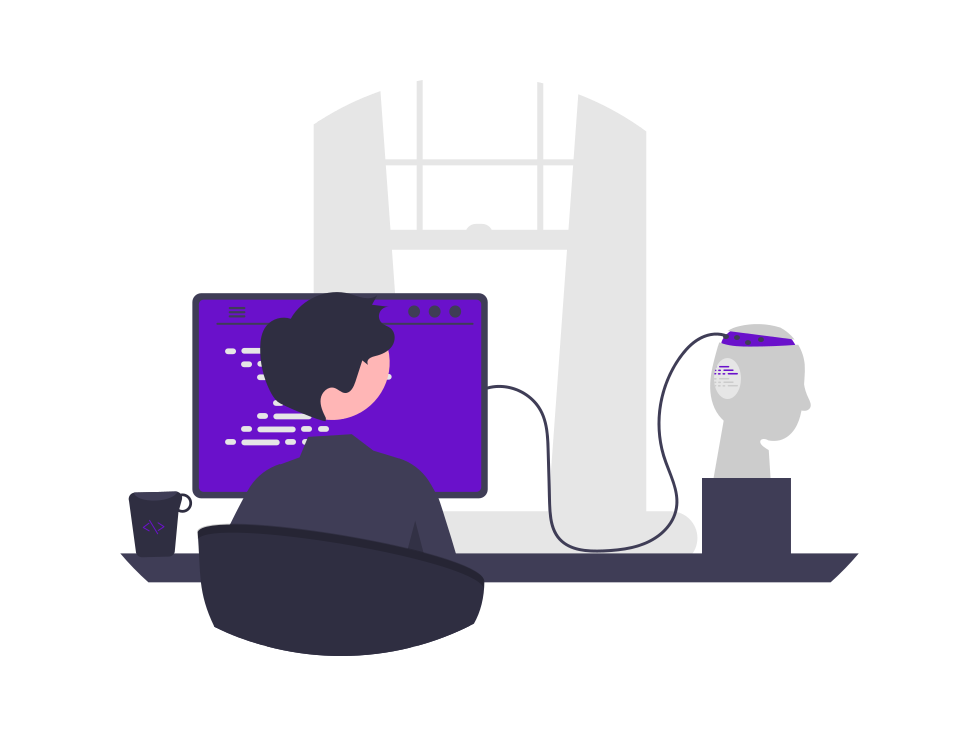In the world of B2B SaaS, identifying and engaging anonymous website visitors can be a major challenge. Many prospects arrive on a company’s website without filling out forms or offering contact information, making it difficult to nurture them into qualified leads. This is where AI-powered personalization comes in. Leveraging advanced technology, AI can de-anonymize website visitors and create tailored experiences that guide them toward becoming engaged leads.
This blog explores how AI can transform anonymous traffic into valuable prospects by delivering personalized inbound experiences based on real-time insights.
De-Anonymizing Visitors with AI
Traditional inbound marketing strategies often rely on prospects willingly providing contact information, but many visitors remain anonymous, limiting the opportunity for deeper engagement. AI technology offers the ability to de-anonymize visitors by analyzing data such as browsing behavior, IP addresses, and other digital signals. These insights allow businesses to gain a clearer understanding of who is visiting their website, even without direct input from the visitor.
By recognizing patterns in visitor behavior, AI can begin to segment anonymous visitors based on criteria such as industry, company size, or likely intent. This de-anonymization process helps B2B SaaS companies identify potential leads and create customized experiences that increase the likelihood of conversion.
Personalizing the Inbound Experience
Once AI has de-anonymized visitors, the next step is to personalize the inbound experience in real time. AI-powered personalization allows websites to automatically adjust content, messaging, and calls to action based on a visitor’s inferred preferences or behaviors. Even without explicit information from the user, AI can predict what content is most relevant to them, ensuring that they encounter tailored resources that speak directly to their needs.
For instance, AI can detect if a visitor is spending significant time on certain product pages, indicating interest in specific solutions. The website can then adapt by presenting more detailed product information, relevant blog posts, or personalized offers that align with the visitor’s likely goals. This personalization increases engagement and guides the visitor toward the next step in the buyer journey.
Enhancing Lead Qualification Through AI
Another major benefit of AI in inbound marketing is its ability to enhance lead qualification. AI-driven systems analyze how anonymous visitors interact with your website, measuring engagement levels, and using predictive analytics to determine which visitors are more likely to convert. These insights help marketing and sales teams focus on high-potential leads rather than chasing unqualified prospects.
AI not only identifies high-intent visitors but also prioritizes them based on their engagement with specific content or interactions with the website. By automating the lead qualification process, AI ensures that companies focus their efforts on prospects who are most likely to convert, saving time and resources.
Converting Anonymous Traffic Into Leads
Converting anonymous visitors into leads is one of the biggest challenges in inbound marketing. AI-powered personalization helps solve this problem by nurturing visitors with relevant content that encourages them to take action. Whether it’s through tailored calls to action, personalized landing pages, or dynamically generated product recommendations, AI increases the likelihood that anonymous visitors will provide their contact information.
By delivering a personalized experience from the moment a visitor arrives on the website, businesses create a seamless journey that feels highly relevant to the visitor’s needs. This relevance makes it more likely that they will engage with gated content, sign up for newsletters, or request a demo—thus transforming from an anonymous visitor into a qualified lead.
Real-Time Optimization
One of the key advantages of AI-driven personalization is the ability to optimize the website experience in real time. As anonymous visitors interact with the website, AI continually learns from their behaviors and adjusts the content they see. This dynamic approach ensures that visitors are always presented with the most relevant and engaging information, increasing the chances of conversion.
Real-time optimization allows businesses to react to changes in visitor behavior instantaneously. If a visitor suddenly begins exploring a new product category or expresses interest in a specific feature, the website can adapt by offering related resources or pushing tailored CTAs that align with their new interest. This flexibility is crucial in guiding anonymous visitors through the buyer’s journey and accelerating their path toward becoming leads.
Conclusion
AI-powered personalization offers B2B SaaS companies a powerful way to convert anonymous website visitors into engaged, qualified leads. By de-anonymizing visitors, delivering real-time personalized content, and optimizing the inbound experience, AI helps businesses nurture prospects from their first interaction all the way through to becoming leads. As the demand for relevant, tailored experiences grows, AI-driven personalization will continue to play a key role in inbound marketing success.


